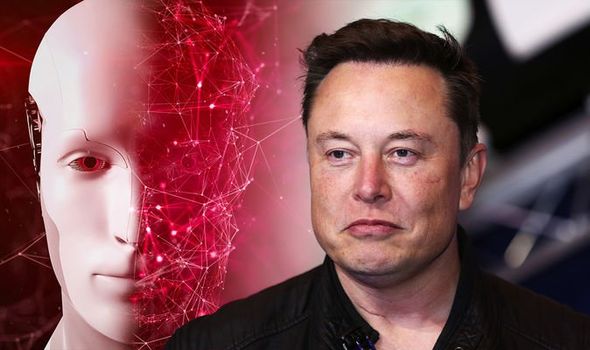AI May Eventually Make All Jobs Unaffordable
Elon Musk, the visionary entrepreneur and CEO of companies like Tesla and SpaceX, has been an outspoken advocate for the responsible development of artificial intelligence (AI). He has often warned about the potential dangers of AI if not properly regulated and has raised concerns about the impact of AI on employment. Musk’s assertion that AI will eventually create a situation where ‘no job is needed’ has sparked a significant debate among experts, policymakers, and the general public.
The Promise and Peril of AI
AI, a rapidly advancing field of computer science, holds the promise of automating tasks, improving efficiency, and enhancing our daily lives. AI has already made significant inroads in various industries, from healthcare and finance to transportation and manufacturing. It can optimize supply chains, assist in medical diagnoses, and even help with language translation and customer service. However, this technological advancement also raises concerns about job displacement, privacy, and the unintended consequences of AI systems.
Elon Musk’s Perspective
Elon Musk‘s concerns about AI are rooted in the belief that, if left unregulated, AI could eventually become so advanced that it outpaces human capabilities across a broad range of tasks. Musk envisions a future where AI-driven automation and robotics could make human labor obsolete, leading to a situation where ‘no job is needed.’ While this may sound dystopian, Musk’s intention is to stimulate conversation and encourage the responsible development of AI technology.

Musk’s concerns are not without merit. As AI systems continue to evolve and become more capable, certain job categories may be at risk of automation. Jobs in manufacturing, transportation, and routine office work have already seen significant transformations due to AI and robotics. The fear is that, if not carefully managed, this trend could extend to a wide range of professions, potentially leaving a significant portion of the workforce unemployed.
Implications and Considerations
- Job Displacement: The increasing automation of jobs has the potential to displace workers and disrupt labor markets. Industries that rely heavily on manual and repetitive tasks are more susceptible to AI-driven automation.
- Job Creation: On the flip side, AI can also create new job opportunities. As AI technologies advance, there will be a growing demand for AI developers, data scientists, and professionals capable of working alongside AI systems.
- Retraining and Education: Preparing the workforce for the age of AI requires investments in education and training programs. Workers may need to adapt to new skills and industries to remain competitive in the job market.
- Ethical and Regulatory Concerns: The development of AI must be guided by ethical considerations and robust regulations to ensure the responsible use of AI and the prevention of potential harms.
- Universal Basic Income: Some proponents argue for the implementation of universal basic income (UBI) as a way to provide financial stability to individuals who may lose their jobs to AI and automation.
In the end Elon Musk’s assertion that AI will eventually create a situation where ‘no job is needed’ serves as a cautionary reminder of the transformative power of AI and the need for careful planning and regulation. While AI has the potential to disrupt traditional employment structures, it also offers opportunities for innovation and economic growth.
The future of work in an AI-dominated world will depend on our ability to adapt, retrain, and create a framework that ensures the benefits of AI are widely distributed. It is a challenge that requires a collaborative effort between governments, businesses, and society as a whole to navigate the evolving landscape of technology and employment.
